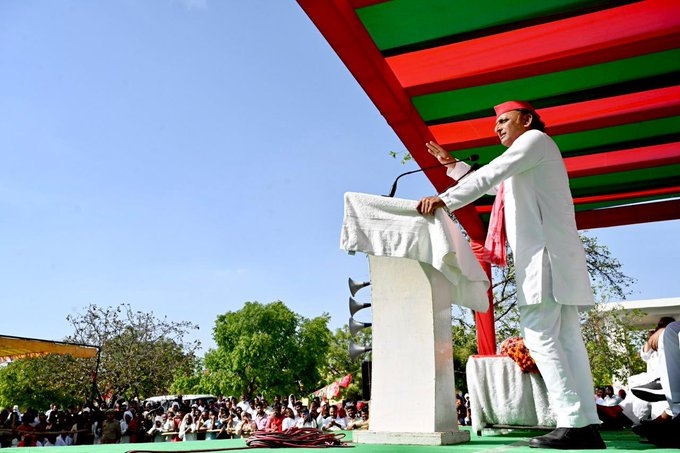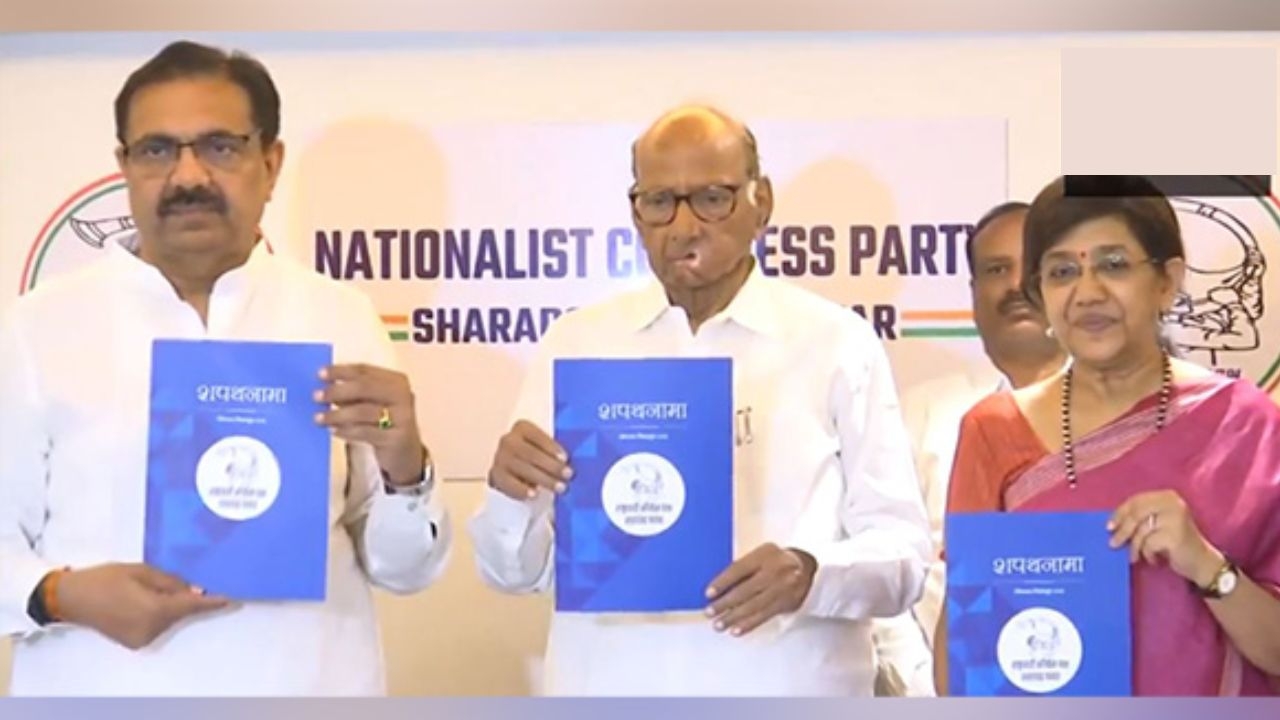Bail for soldiers accused in Machil fake encounter reopens old wounds
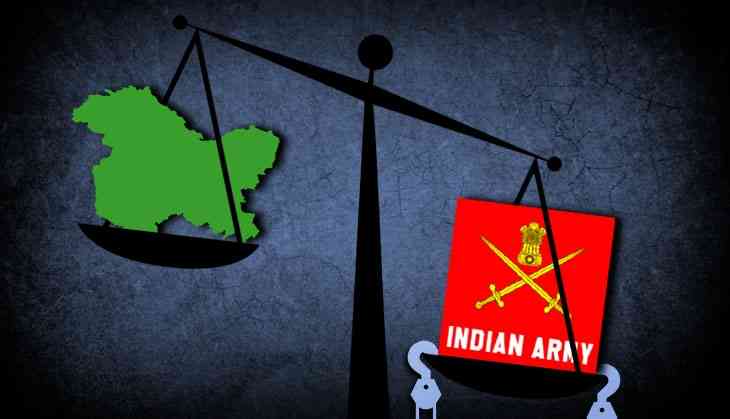
It was April 2010. Riyaz Ahmad, along with his friend Shahid Shahzad Khan, had just returned home in the late evening from a tiring journey towards the Line of Control. It was the first day of their purported engagement as labourers with the Indian Army.
He effusively described the day to his mother Naseema. “Not even your angels could tread where I was today,” she recalls him saying, her eyes welling up.
When she asked him who had taken them there, Ahmad named Bashir Ahmad Lone, a contractual cop with the J&K Police. He had something more to show to her – a Rs 500 note which Lone had given to him and also to Shahzad as wages for the day, when actually, they had done no work.
“We had to go to the Line of Control, but a sudden rain made it difficult for us to reach our final destination. So we returned,” Ahmad told his mother. And now, they had to go again the following day. Lone had promised them Rs 2,000 a day for 'work' at the LoC, but for that day he had offered them Rs 5,000 each.
The next morning, Ahmad and Khan departed early. Lone was ready with a vehicle. But while they were leaving the village, they saw their friend Mohammad Shafi on the roadside, and invited him to come on board, for what they thought was “a joyride to the border”. They never returned.
The distraught families had to wait another 29 days before their bodies were exhumed from a graveyard on the border. The youth had been killed in a fake encounter by the Army and passed off as terrorists infiltrating from across the border.
Conviction reversed
The details of what happened to them are now too well-known and corroborated by the police and the Army investigation to bear repetition. Six Army personnel responsible for the Machil killings were sentenced to life imprisonment by a General Court Martial in 2015. Other personnel were identified as Captain Upendra Singh, Havildar Devendra Kumar, Lance Naik Lakhmi, Lance Naik Arun Kumar and Rifleman Abbas Hussain Shah of the Territorial Army.
But all of them have now been granted bail, in a revision of the order by the Armed Forces Tribunal. The new judgement has revisited the conviction of the personnel by reintroducing the suspicion that the three youth could have been militants, as they wore 'Pathan suits' and were present at the LoC.
“The fact that the accused persons were terrorists… cannot be ruled out because they were wearing Pathan suits, which are worn by terrorists,” the Armed Forces Tribunal said in its bail order.
“There was absolutely no justification for a civilian to be present at such a forward formation near the LoC, that too during the night, when infiltration from across the border was high. If a person is a civilian, he would certainly not be in combat uniform, much less carry fire arms and ammunition with him.”
It is this order and the consequent bail which has re-opened the wounds of the families at Nadihal in Baramulla.
Families deeply hurt
For the families and their neighbours, the new order is both shocking and ridiculous.
“You know my son was young. They had dyed his face with mehendi so that he looked like a jihadi. My son had not gone to the border, but he had been lured there by deception. A job had been promised to him,” Naseema says. “And this bit about weapons being found on their bodies – these weapons had been planted on them, as proved by the Army's own investigation. My son was not a terrorist."
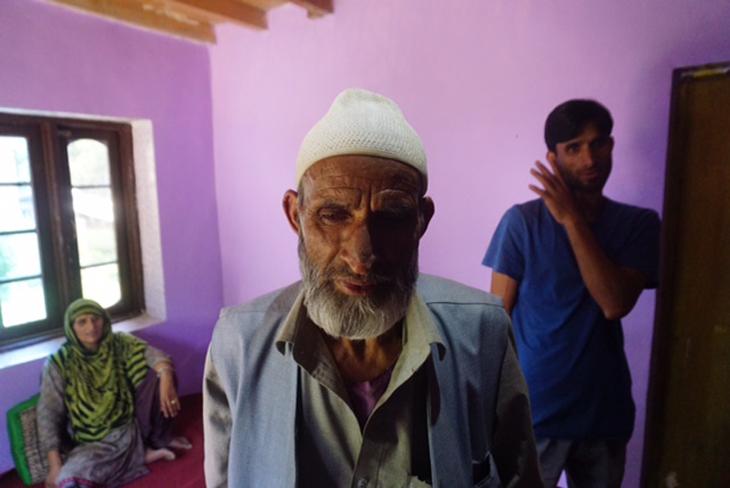
Aisha, mother of Shahzad, and Zahida, mother of Mohammad Shafi, similarly express deep hurt at this turn of events.
“Now that you have granted bail to guilty personnel after conviction and sentencing, it is better that you acquit them. You should also release Lone, who is in the custody of the police,” they say.
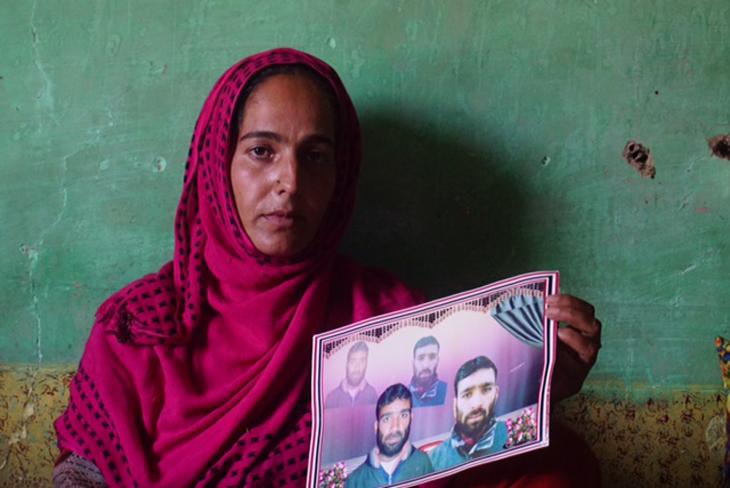
“Where is the law? It means there is no system at all. No justice. What message does it send across to soldiers? 'Kill Kashmiris and nobody will touch you'. Those who killed our children can now kill us too and get away with it."
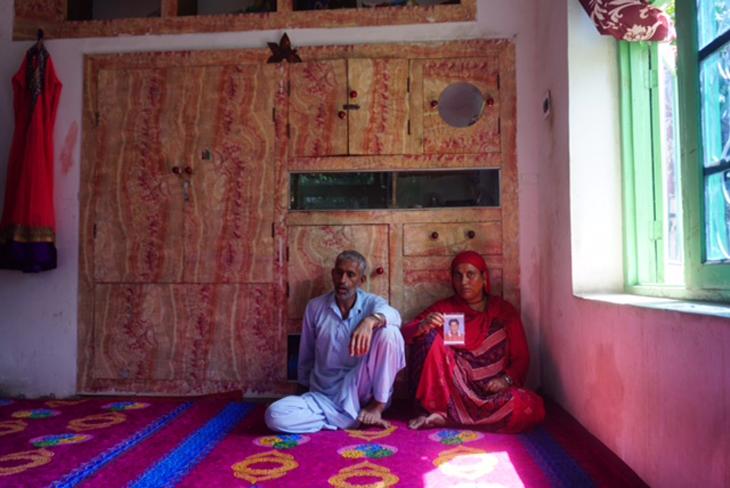
Faced with a renewed accusation that her son might have been a militant, Naseema feels the desperate need to defend him again. When her son didn't return from the border, she recalls how she frantically rushed to Bashir Lone's, house asking him where her son was.
“I asked him 'Bashir, you took my son with you to border, how is it that you are back at home and my son didn’t return?’. He denied that he had ever taken my son anywhere, and instead shouted expletives at me and the mothers of the other two youth,” she says.
“It was then that we went to the police and registered an FIR against Bashir. In police custody, he soon broke down and told the police everything, including the location of the graves of our children.”
The villagers later burnt down Lone's house. The killings touched off a storm of protests, which continued for five months, leading to killings of 120 more youth.
The watershed that wasn't
When, in 2015, the Army's Northern Command confirmed the life imprisonment to six army personnel by a General Court Martial, it became the first such sentence of its nature in the 30 years of militancy in J&K.
Machil had become one among the major cases of the human rights violations in J&K, which symbolised everything that had gone wrong with the security management of the state, beginning with early 1990s massacres through the Pathribal and Ganderbal fake encounters, to the curbs on everyday life.
The conviction in the case thus proved to be a watershed, signalling for the first time the Army's willingness to hold its personnel responsible for the excesses – something it had evaded doing under the blanket cover of the Armed Forces Special Powers Act, which discourages trials in civilian courts, and requires central government sanction for prosecuting erring Army personnel.
But with bail to the guilty personnel, and the Armed Forces Tribunal again invoking the 'terrorist' allegation against the victims, the entrenched cynicism in the Valley against security personnel's trials is likely to deepen further.
The families, meanwhile, have been left to grapple with a lingering pain.
“My son was the raja of our house,” says Aisha about Shahzad. “Now he is buried inside a grave by the side of the village road. I always avoid passing by the road, and instead, take a longer route through orchards.”
First published: 2 August 2017, 19:45 IST
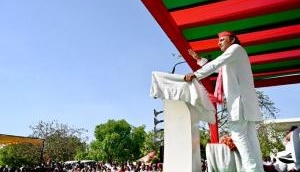
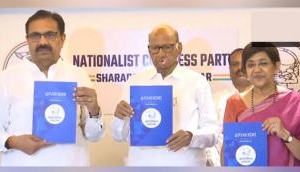
_251372_300x172.jpg)
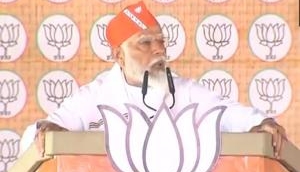
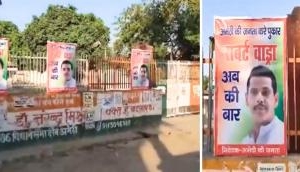
![BJP's Kapil Mishra recreates Shankar Mahadevan’s ‘Breathless’ song to highlight Delhi pollution [WATCH] BJP's Kapil Mishra recreates Shankar Mahadevan’s ‘Breathless’ song to highlight Delhi pollution [WATCH]](http://images.catchnews.com/upload/2022/11/03/kapil-mishra_240884_300x172.png)

![Anupam Kher shares pictures of his toned body on 67th birthday [MUST SEE] Anupam Kher shares pictures of his toned body on 67th birthday [MUST SEE]](http://images.catchnews.com/upload/2022/03/07/Anupam_kher_231145_300x172.jpg)


